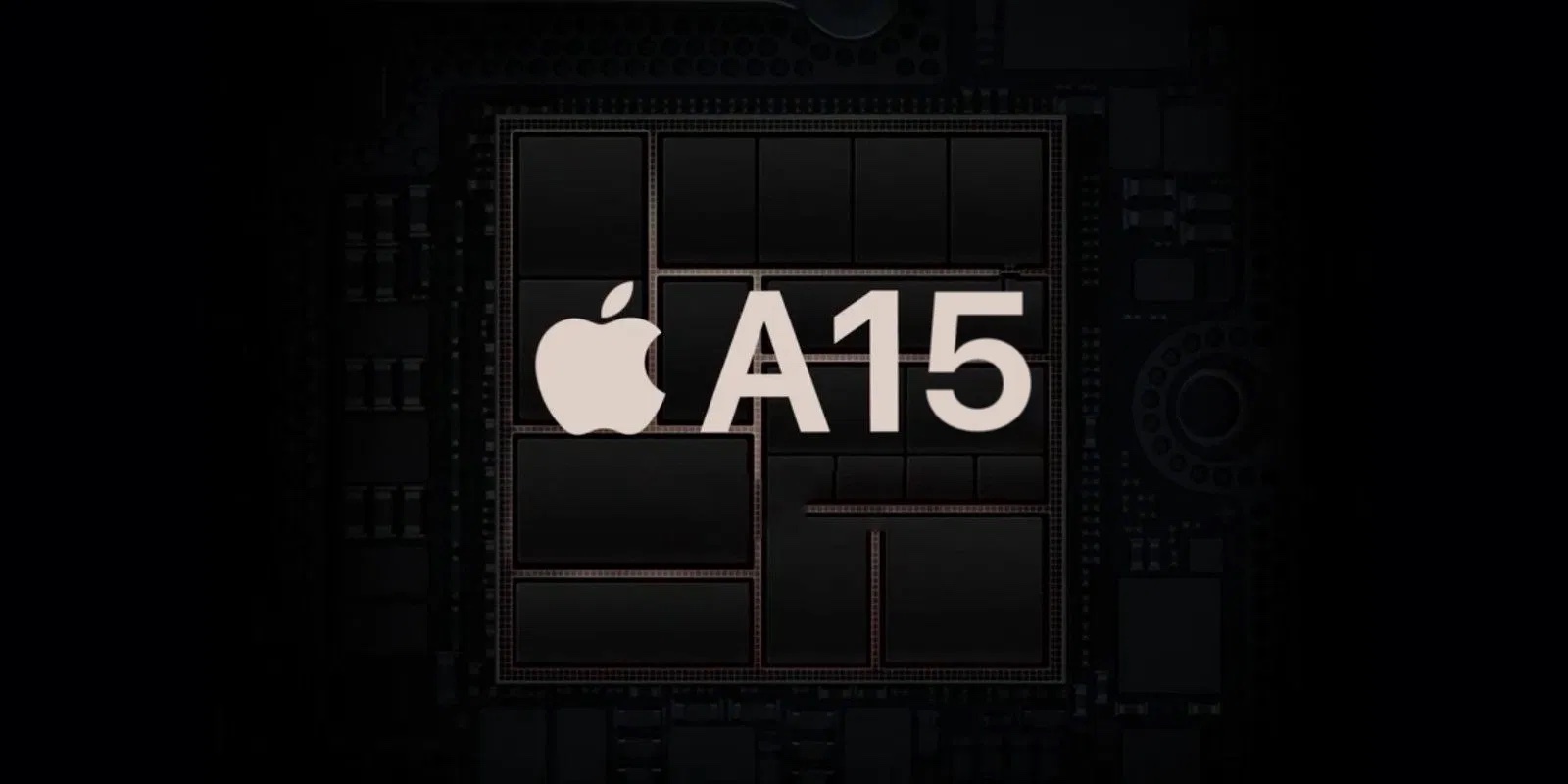Apple will launch a new iPad next year that will have a processor based on TSMC's new 3-nanometer chip manufacturing process. At least that's according to a new report from the company Nikkei Asia. According to TSMC, 3nm technology can increase the processing performance of a given task by 10 to 15% compared to 5nm technology, while reducing power consumption by 25 to 30%.
It could be interest you

“Apple and Intel are testing their chip designs using TSMC's 3-nanometer manufacturing technology. Commercial production of these chips should begin in the second half of next year. Apple's iPad is likely to be the first device powered by processors made using 3nm technology. The next generation of iPhones due to be released next year is expected to use 4nm transition technology due to planning,” reported by Nikkei Asia.

If the report is accurate, it would be the second time in recent years that Apple has debuted a new chip technology in the iPad before using it in its flagship smartphones, the iPhones. The company uses the latest 5-nanometer chip technology in the current iPad Air, which was launched in September 2020, with the tablet equipped with a 6-core A14 Bionic chip.
Now even an ordinary MacBook Air can easily handle playing games (see our test):
But Apple often doesn't use a new chip technology in the iPad before its presentation in the iPhone. This did happen last year, but it was due to the delayed release of the iPhone 12 models, which also feature the same A14 Bionic chip. The M1 chip, which is implemented not only in Apple Silicon Macs but also in the iPad Pro (2021), is based on the same 5nm architecture.
It could be interest you

Whether Apple will debut next-generation 3nm chip technology in the iPad Air or the iPad Pro is unclear, although the timing seems to favor the iPad Pro. Apple usually updates it every 12 to 18 months, which could just happen in the second half of 2022. This is also supported by the fact that we should expect an iPad Air with an OLED display already at the beginning of 2022, as its production should begin in the 4th quarter of this year.
iPhone 13 Pro (koncept):
As for the Apple iPhone 13, which is expected at the turn of September/October this year, Apple will use the 5nm+ A15 chip in it. The 5nm+ process, which TSMC refers to as N5P, is a "performance-enhanced version" of its 5nm process. This will bring further improvements in energy efficiency and, above all, performance. So, if you add up all this information, it turns out that the A16 chip, which will be included in the 2022 iPhones, will be manufactured based on TSMC's transitional 4nm process.
It could be interest you

 Adam Kos
Adam Kos 













